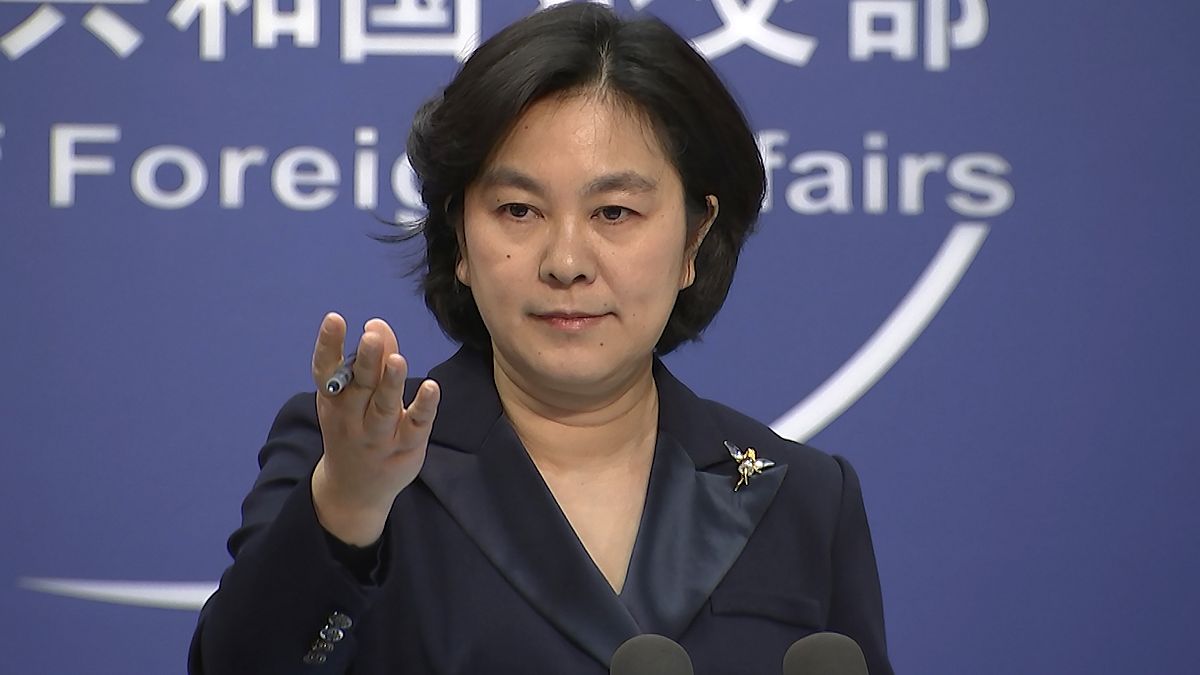The sanctions are largely symbolic but underscore Beijing’s antipathy toward a US administration it regarded as hostile.
China imposed sanctions on nearly 30 former Trump administration officials moments after they left office on Wednesday, including former secretary of state, Mike Pompeo.
In a statement released just minutes after President Joe Biden was inaugurated, Beijing slapped travel bans and business restrictions on Pompeo, national security adviser Robert O’Brien and UN ambassador, Kelly Craft.
Others covered by the sanctions include Trump’s economic adviser Peter Navarro; his top diplomat for Asia, David Stilwell; health and human services secretary, Alex Azar; along with former national security adviser John Bolton and strategist Stephen Bannon.
The sanctions are largely symbolic but underscore Beijing’s antipathy toward a US administration it regarded as hostile.
“Over the past few years, some anti-China politicians in the United States, out of their selfish political interests and prejudice and hatred against China and showing no regard for the interests of the Chinese and American people, have planned, promoted and executed a series of crazy moves," the foreign ministry said in a statement.
It added these actions "have gravely interfered in China’s internal affairs, undermined China’s interests, offended the Chinese people, and seriously disrupted China-US relations”.
On Tuesday, Pompeo announced that he had declared China's repression of Muslim ethnic minorities a “genocide," possibly opening the door to new U.S. sanctions against Chinese officials.
The Trump administration had steadily ramped up pressure on China since last year but had increasingly so over the past several months.
During its last weeks in office, the administration had hit numerous officials with sanctions for their actions on Tibet, Taiwan, Hong Kong and the South China Sea.
